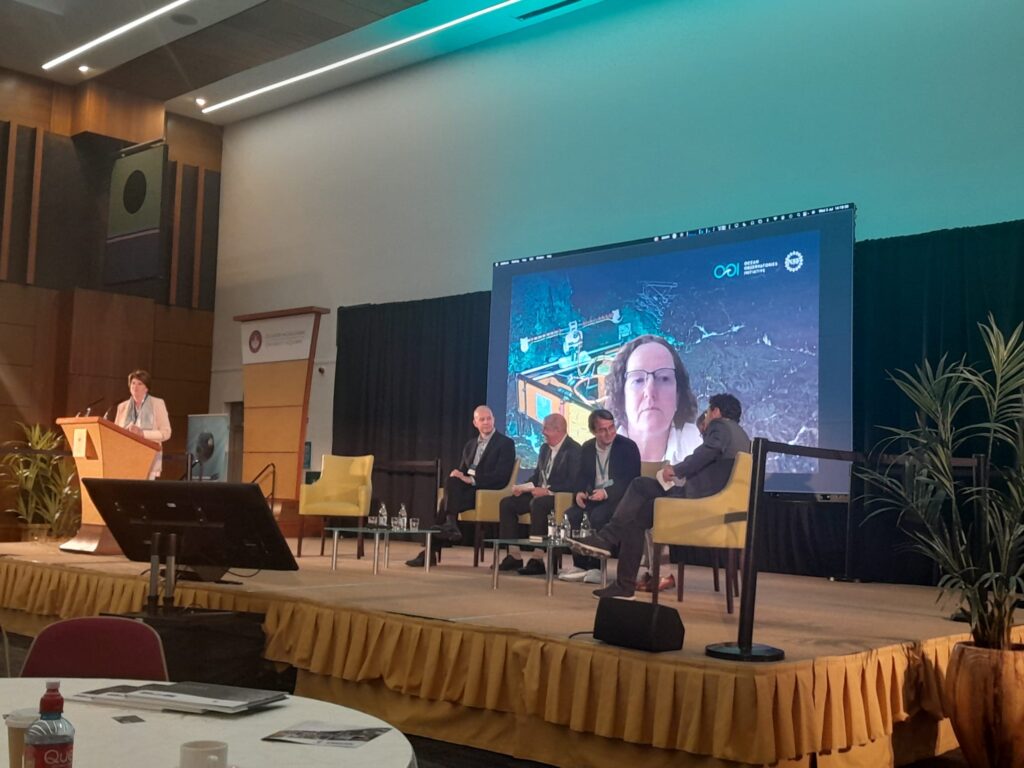Research and innovation are key to better monitoring, understanding, protecting, and preserving our seas and oceans. In 2013, the EU, the US and Canada signed the Galway Statement – a commitment to join forces on Atlantic Ocean research and build a common path to the sustainable management of this shared resource.
This year marks the 10th anniversary of the Galway Statement, which has revolutionised the way international, cross-disciplinary partners work together to study ocean ecosystems. For example, more than 1000 research teams have since begun working to map the North Atlantic seabed, discovering new deep-water volcanoes and species, studying the effects of deep-sea mining and the changing climate on biodiversity, and creating a network of shared research infrastructures across the Atlantic and Arctic regions.
Over the past 10 years, the agreement has catalysed a wave of initiatives, projects, and policy developments aimed at addressing the most pressing issues in global ocean science. In 2022, this culminated in the All-Atlantic Declaration, signed by the EU, Argentina, Brazil, Canada, Cape Verde, Morocco, South Africa and the US – a major opportunity to unite countries in ocean science diplomacy across the entire Atlantic Ocean.
Celebrating successes
To celebrate a decade of achievement, the Irish Government, the European Commission, the Marine Institute and the University of Galway organised a hybrid event in Galway across 5-6 July 2023. The event showcased research and innovation across the Atlantic Ocean community, including how new discoveries are bringing benefits to coastal communities, citizens and young people.
 Speakers at the Galway 10 event. Credit: BlueRemediomics
Speakers at the Galway 10 event. Credit: BlueRemediomics
We were delighted to join the celebrations and introduce delegates to BIOcean5D on Thursday morning, as part of a series of 3-minute flash talks from different projects. Our project manager, Amandine Nunes-Jorge, discussed how the project addresses different priorities in the All-Atlantic Declaration. “BIOcean5D aligns with a number of the declaration’s priorities,” says Amandine. “For example, by closing the gap on biodiversity data, in coastal ecosystems in particular, we are helping to monitor, protect and restore these ecosystems, and enhance their resilience for adaptation to climate change and other stressors.”
Throughout the event, a real highlight was the focus on the next generation of ocean researchers. “I was very impressed by the Early Career Ocean Professionals who presented,” says Amandine. “They were motivated and inspiring, with great ideas for international cooperation and innovation.”
Other sessions included roundtable discussions focused on how changing polar regions are impacting communities, how Digital Twin modelling systems could benefit ocean research, and the role of ecosystem protection in Marine Protected Areas, featuring BIOcean5D and our partner the Tara Ocean Foundation with Andre Abreu.
Hear more about the Galway Statement, the progress that has been made over the past 10 years, and hopes for the next 10: